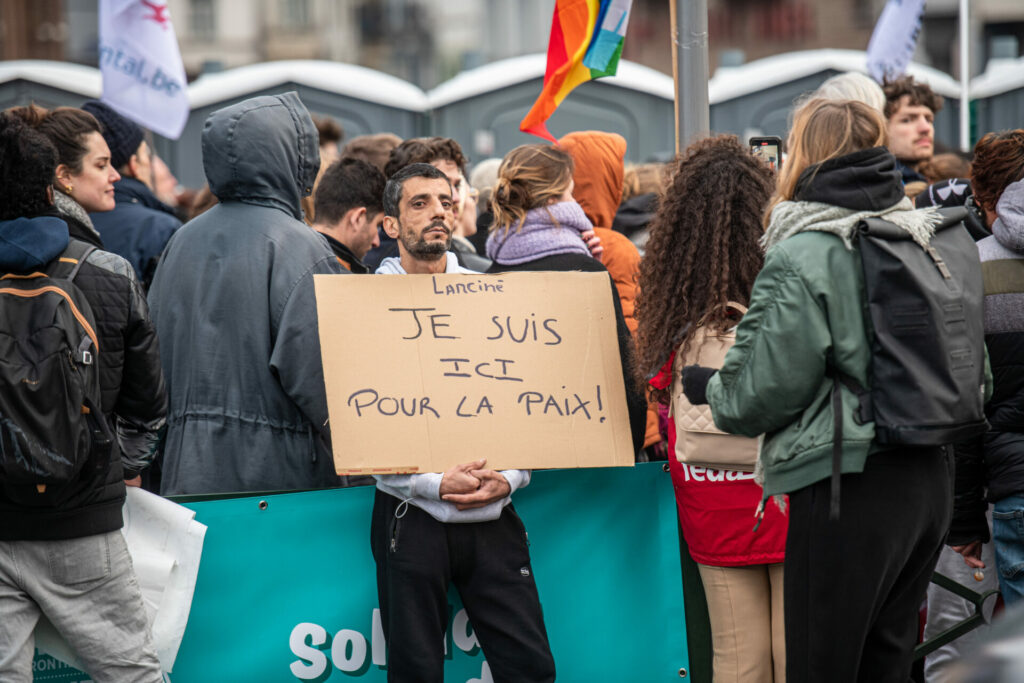The Belgian Government is in disunity over establishing a so-called "return hub" to transfer asylum seekers with rejected applications outside the European Union (EU).
EU leaders are meeting in Brussels on Thursday and Friday for a summit. Discussions will be dominated by migration and whether or not to accelerate the implementation of the migration reform agreed upon in May, driven forward by several Member States including Belgium.
Calls for outsourcing procedures are also growing increasingly louder, and the European Commission has signalled a willingness to offshore migration procedures to relieve pressure on strained asylum processing centres. Commission President Ursula von der Leyen even offered strong endorsement to the controversial project of so-called "return hubs" to transfer asylum seekers whose applications have been rejected.
This idea is reminiscent of the previous UK Government's Rwanda deal, which the Labour Party ended upon entering into office in July.
Several migration experts, including Hein de Haas, have repeatedly pointed out that the EU has worked intensively with non-EU countries to discourage irregular migration and promote the return of irregular migrants since the 1990s, and that these campaigns have been largely ineffective. NGOs have warned that the approach would endanger fundamental human rights.
'Open-minded'
However, in mainland Europe, the idea is still being presented as an efficient solution. In the Netherlands, the right-wing Dutch Government is considering sending asylum seekers who have exhausted all legal remedies to Uganda.
In Belgium, outgoing State Secretary for Asylum and Migration Nicole de Moor (CD&V) told Radio 1 on Thursday morning that she would not immediately rule out the proposal of such hubs. However, she pointed out that there is a difference between the "return hubs" Belgium is considering and the heavily criticised system of Giorgia Meloni's far-right Italian government, which will be discussed at the EU summit.
"The idea of a return hub is about people who have exhausted all legal remedies and who ignore order after order," De Moor said. Italy's cooperation with Albania sees people rescued at sea being brought directly to the Balkan country, from where Italy will control the reception and procedure.
De Moor said it remains to be seen how Italy will roll out the system, adding that she wants to be "open-minded". However, she did stress that the system "must show respect for fundamental rights" and that people must be protected.
Capitalise on other agreements
However, it remains unclear whether Belgium will come forward with its own proposal for "return hubs". Outgoing Prime Minister Alexander De Croo (Open VLD) said during a doorstep interview at the start of the summit that past initiatives have had little impact.
"What does have an impact are the agreements which have been reached with non-EU countries such as Tunisia and Egypt. The number of people that depart from here to illegally enter Europe has dropped significantly. So we should capitalise on this type of agreement."
But this system too has been heavily criticised by experts and NGOs alike. They condemn the possible complicity in violations of the fundamental rights of migrants and refugees by non-EU authorities and the deal's apparent ineffectiveness.

